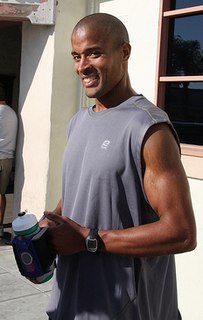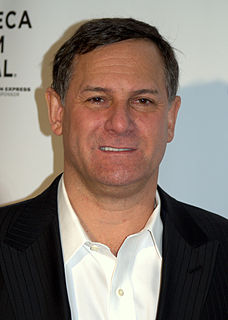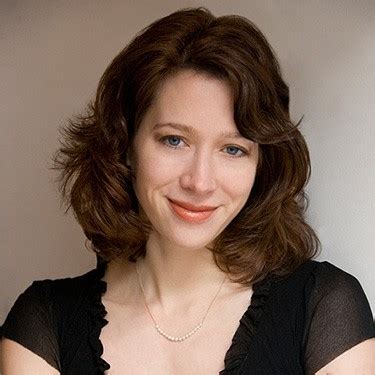A Quote by Bernie Siegel
We are here to feel, wonder and gaze in awe at the world. Instead of just teaching our children how to use things and do things, I suggest we nourish their sense of wonder.
Related Quotes
Aristotle said that philosophy begins in wonder. I believe it also ends in wonder. The ultimate way in which we relate to the world as something sacred is by renewing our sense of wonder. That's why I'm so opposed to the kind of miracle-mongering we find in both new-age and old-age religion. We're attracted to pseudomiracles only because we've ceased to wonder at the world, at how amazing it is.
Awe is an intuition for the dignity of all things, a realization that things not only are what they are but also stand, however remotely, for something supreme. Awe is a sense for transcendence, for the reference everywhere to mystery beyond all things. It enables us to perceive in the world intimations of the divine. ... to sense the ultimate in the common and the simple: to feel in the rush of the passing the stillness of the eternal. What we cannot comprehend by analysis, we become aware of in awe.
It is not easy to convey a sense of wonder, let alone resurrection wonder, to another. It’s the very nature of wonder to catch us off guard, to circumvent expectations and assumptions. Wonder can’t be packaged, and it can’t be worked up. It requires some sense of being there and some sense of engagement.
I never knew how much we consumed. It seems as if we are all appetite, as if a human being is simply a bundle of needs to drain the world. It’s no wonder there are wars, no wonder the earth and water and air are polluted. It’s no wonder the economy collapsed, if Eva and I use so much merely to stay alive.
I guess one of the most magnificent things a novel can do is to change your perspective on the world, and to give it some sense of wonder, and that's what I find so exciting in writing fantasy, especially fantasy for children. Because already, I think children have a very special and unusual way of seeing the world.
Philosophy, though unable to tell us with certainty what is the true answer to the doubts which it raises, is able to suggest many possiblities which enlarge our thoughts and free them from the tyranny of custom. Thus, while diminishing our feeling of certainty as to what things are, it greatly increases our knowledge as to what the may be; it removes the somewhat arrogant dogmatism of those who have never travelled into the region of liberating doubt, and it keeps alive our sense of wonder by showing familar things in an unfamilar aspect





































